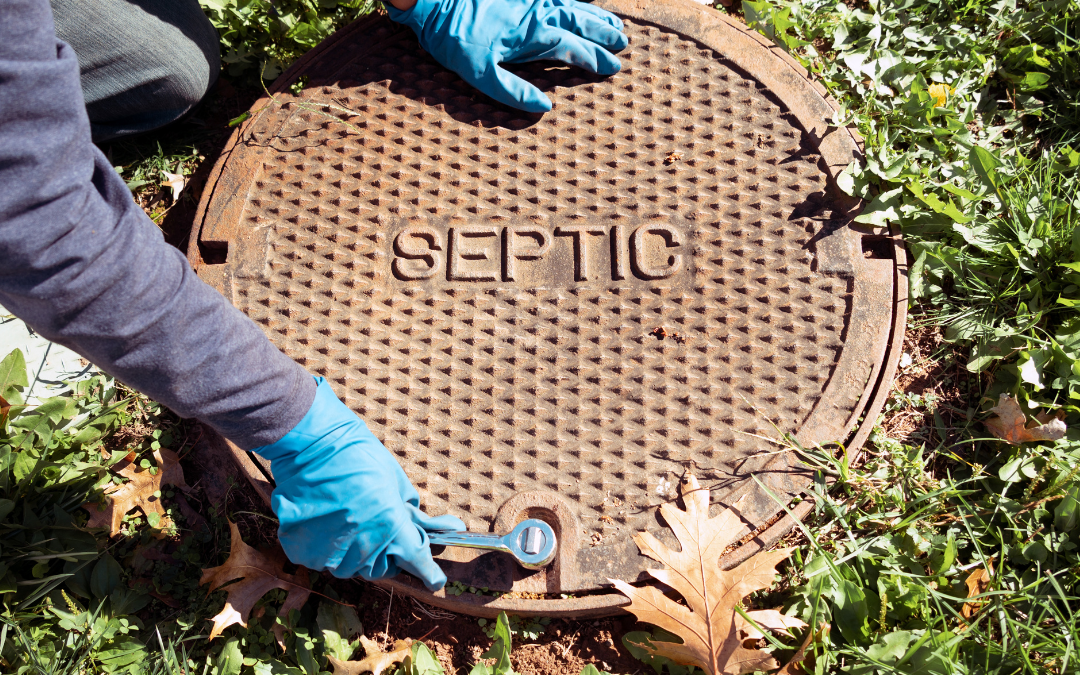Septic systems are an essential part of many homes in Western Massachusetts, especially in rural areas. This advanced wastewater treatment system may be inconspicuous, but it needs regular maintenance to keep working effectively and efficiently. Septic systems perform a crucial role by breaking down and disposing of household wastewater in a safe and sanitary manner.
In this blog, we’ll discuss the benefits of regular septic system pumping and maintenance and give you tips on how to keep your septic system working long-term, saving you money and stress in the process.
What Benefits Come from Regular Septic System Pumping?
Septic system pumping is the process of removing accumulated solids, fats, and oils from your septic tank. Over time, a septic tank accumulates sludge and scum, which reduces the system’s efficiency and can cause blockages. Regular septic system pumping has several benefits, including reducing odors and minimizing the risk of system failure.
How Often Should You Pump Your Septic System?
The frequency of septic system pumping will depend on various factors like household size and usage, the size of the septic tank, and the volume and concentration of wastewater. In most homes, it’s recommended to have your septic system pumped every three to five years. Bigger homes with more family members will need it more often. If you aren’t sure when to have it pumped, you can get professional advice to ensure your septic system gets the correct maintenance schedule.
How to Keep Your Septic System Working Long-Term?
Preventing water waste is the best way to keep your septic system working long-term. Activities like prolonged showers, running the dishwasher or washing machine too often, and leaving faucets running are likely to strain your system. Reduce water use by repairing leaks promptly, installing low-flow fixtures, and using rainwater for gardening. Also, avoid pouring harsh chemicals, oils, paint, or medication down your drains as these can harm the bacteria in the septic system that helps break down solid waste.
Other Tips to Keep Your Septic System Working
One simple step you can take to keep your system running smoothly is to keep it covered to prevent anyone from driving or stepping on it, causing damage. During the winter, you should also keep drainage pipes clear of snow and ice as backups can damage pipes and cause overflows. Professional septic system inspections and maintenance can also help you detect and address any potential problems before they develop, reducing the chance of an emergency repair.
A septic system is an essential component of any home, and keeping it working effectively and efficiently will save you time, money, and stress in the long term. Remember to schedule regular septic tank pumping, limit water usage, avoid pouring harmful chemicals, and get professional maintenance periodically to keep your septic system working long-term.
If you’re due for a septic system pump, or you have questions about your septic system, contact a professional septic system service provider to help with your septic tank maintenance.

